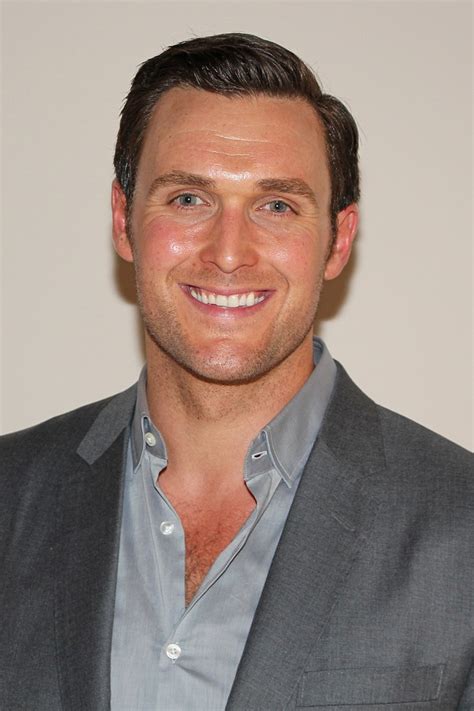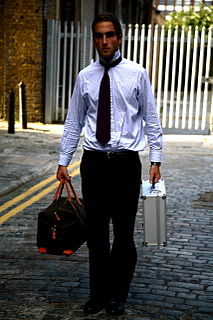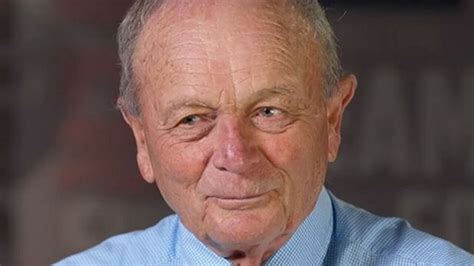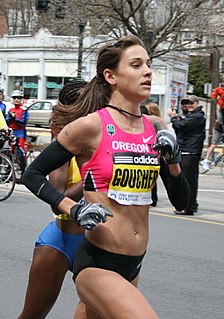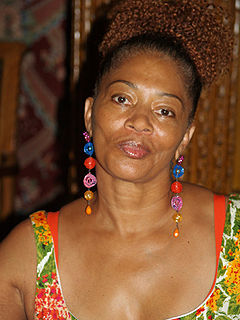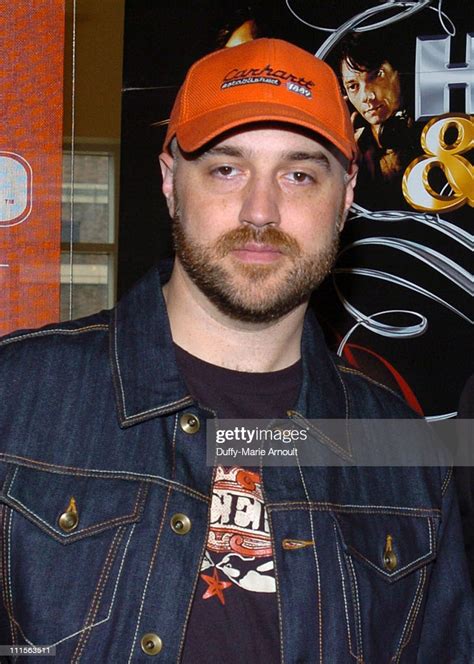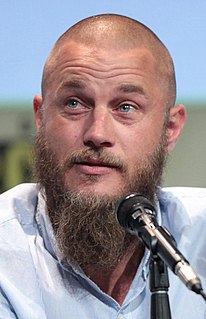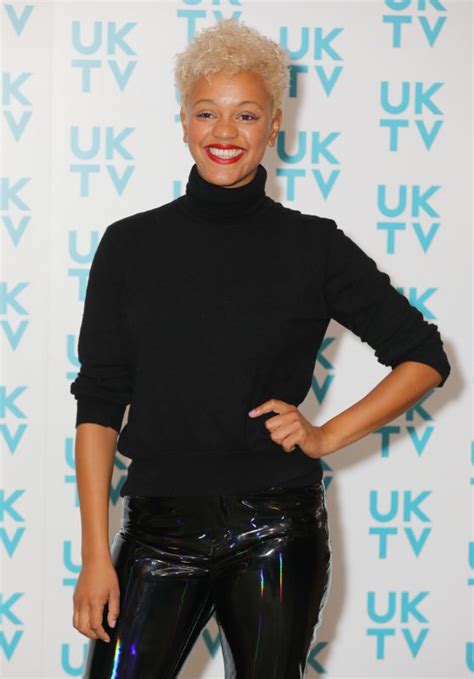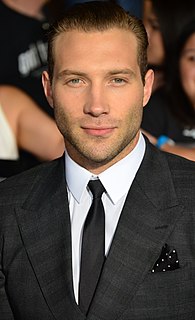A Quote by Owain Yeoman
I didn't want to be an accountant; I found myself being a banker, which was a bit different. I went to university, and I was going to do a Ph.D. in the States, but I didn't get the funding for it, so I had two years where I had a bit of a wobble and didn't really know what I wanted to do, and I ended up working as a banker.
Related Quotes
At different points, I applied to graduate school. I got into medical school. I thought about being a writer. I thought about being an investment banker. I just didn't know what I wanted to do with myself. I think the thing that best suits me about being a C.E.O. is that you get to exercise many different talents and wear many different hats.
I liked working with Republicans. We had five pretty good years after we had that bad year in '95 that culminated in two government shutdowns. But then they really decided that they liked being in the majority for the first time in forty years, and they wanted to get some things done, and I agreed, to get things I wanted. It was all perfectly transparent. Everybody knew what they wanted and what I wanted.
I went to university for a couple of years and I didn't enjoy university. The studying and the accountancy, economics, I just hated that stuff. Now the irony is here I am lawyer, accountant, I do it all day every day and sit at a desk. So I've never ended up where I wanted to be in many ways. I always wanted to be a farmer.
When I got out of the military, I finished up my education at the University of North Carolina at Wilmington, and I had some mentors who said, 'You got what it takes. You should consider going to graduate school, getting a Ph.D. in neuroscience.' I didn't think I had what it took until somebody who had a Ph.D. told me I had what it takes.
Reality is a state of mind. To the banker, the money in his ledger book is all very real, though he doesn't actually see it or touch it. But to the Brahma, it simply doesn't exist the way the air and the earth, pain and loss do. To him, the banker's reality is folly. To the banker, the Brahma's ideas are as inconsequential as dust.
Being a lifetime wife and mother has afforded me the luxury of having multiple careers: I've been a teacher. A chauffeur. A chef. An interior decorator. A landscape architect, as well as a gardener. I’ve been a painter. A personal shopper. An accountant and a banker. I’ve been a beautician. Santa Claus. The Tooth Fairy. A movie reviewer. A nurse. A psychologist. A negotiator. An I have a Ph. D in How to Pretend Like You Don’t Mind.
That movie was my girlfriend. That was my girl." I knew there was going to be initial anger. As a matter of fact, when I was deciding to do Footloose that was one of the first things that I had to realize. First of all, I had to figure out a human connection to it but then I also had to reconcile that I was going to get beat up a little bit on this a little bit.
I went to university for a year, and I'm not one for schooling and have no enjoyment sitting in a classroom all day and ended up going to live in England for two years, just to travel. I worked in a bar in a hotel for a couple of years and had no intention of becoming an actor. That's where I met my agent.
